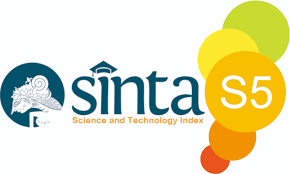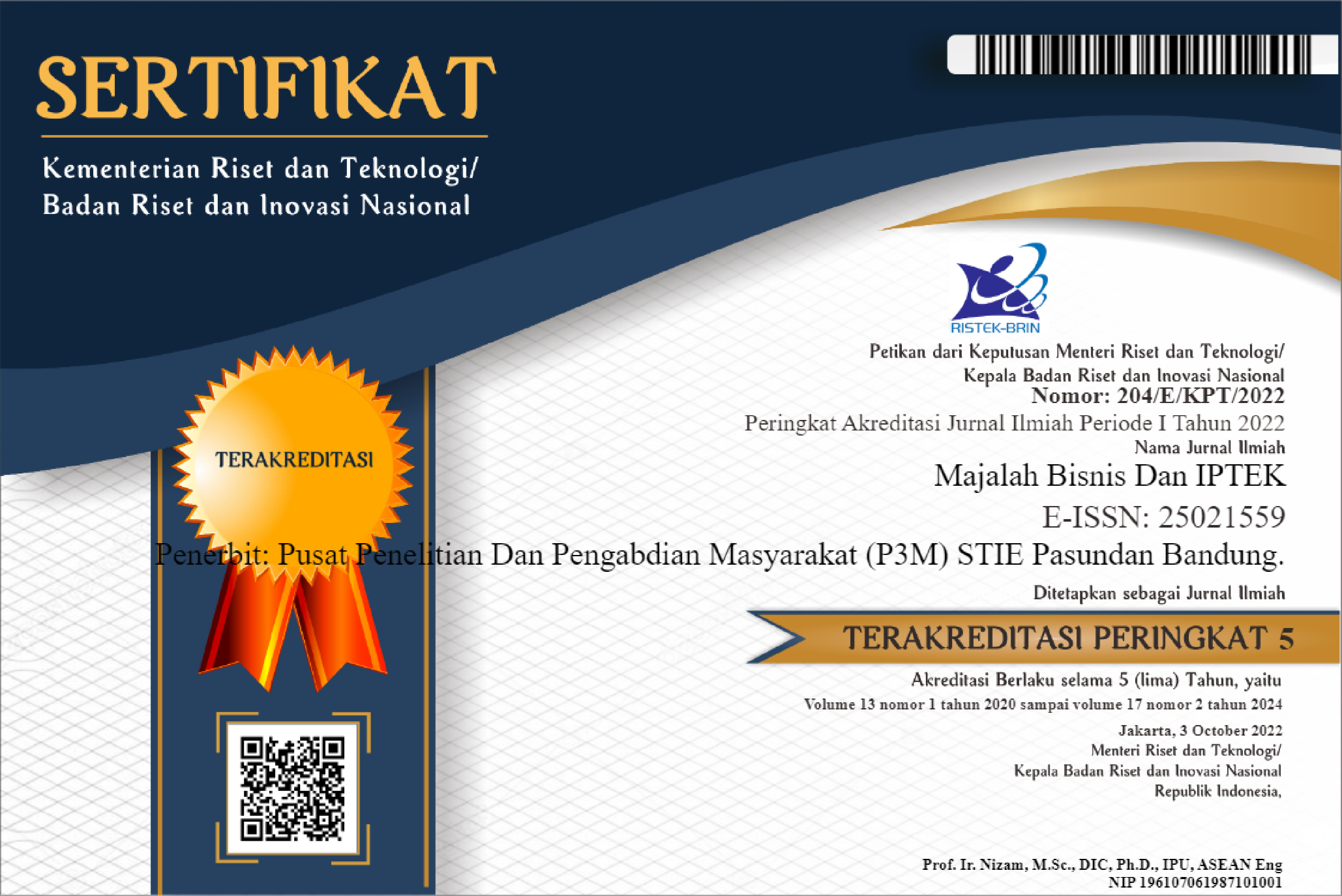Waste Bank Innovation Management Using Digital Innovation System Management in Cicadas Village, Gunung Putri District, Bogor Regency
DOI:
https://doi.org/10.55208/bistek.v17i1.534Kata Kunci:
Waste Bank, Digital Innovation System Management, Urban Household WasteAbstrak
Urbanization has led to a concomitant rise in population, giving rise to various socioeconomic and environmental issues. Consequently, trash problems frequently arise in numerous developing nations like Indonesia. Several cities in Indonesia continue to grapple with their deteriorating garbage issues due to heightened output. Therefore, to establish an optimal waste management framework in a given area, developing a comprehensive plan or strategy that becomes the standard for waste management practices is imperative. Waste professionals deem Indoneeds to be more accurate, reliable, and unreliable in terms of amount and composition. These findings have significance for the appropriate planning and decision-making processes in dealing with waste problems at the national, provincial, and city/regency levels. The waste issue in Bogor Regency has once again garnered attention following the inability to transfer 2,400 tons of waste. The escalating nature of this scenario is becoming more worrisome due to the projected rise in trash generation by 2023.
This study aims to assess and appraise the operations of a waste bank by implementing novel advancements at the Green Cikeas waste bank, which serves as a trailblazing waste bank in Cigales Village. Efficient administration of digital innovation systems can enhance waste management activities, thereby contributing to community satisfaction. This innovation has the potential to become a standard for digitalization since it introduces a digital innovation system management idea that can be used in any location and significantly enhance job efficiency. One of the primary objectives of managing digital innovation systems is to attain efficiency and optimization in various areas, such as the management procedures of the bank. This study also considers other viewpoints, encompassing management, human resources, economics, social, and environmental dimensions.
Unduhan
##submission.downloads##
Diterbitkan
Cara Mengutip
Terbitan
Bagian
Lisensi
Hak Cipta (c) 2024 Siti Romlah Hasanah, Eka Purwanda

Artikel ini berlisensiCreative Commons Attribution-NonCommercial-ShareAlike 4.0 International License.





